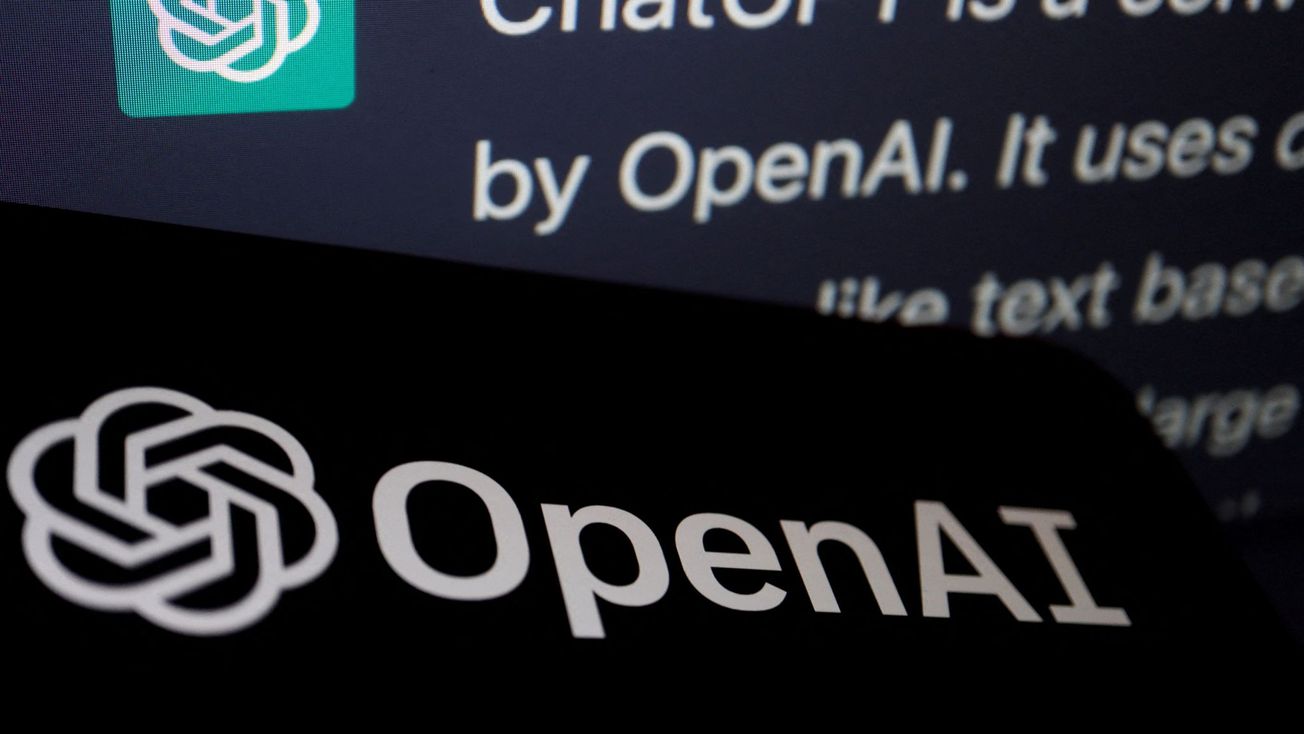Introduction:
In an era of rapid technological advancements, artificial intelligence (AI) is revolutionizing various industries, and internal audit is no exception. AI technologies have the potential to significantly enhance the effectiveness and efficiency of internal audit functions, allowing auditors to focus on higher-value tasks and providing deeper insights into organizational risks and controls. In this article, we explore the role of AI in internal audit and its transformative impact on the profession.
Automated Data Analysis: One of the most significant contributions of AI in internal audit is its ability to automate data analysis processes. AI-powered tools can efficiently process large volumes of data, identify patterns, and detect anomalies that may indicate potential risks or control deficiencies. By automating these tasks, internal auditors can save time and focus their efforts on interpreting results, providing recommendations, and addressing critical areas.
Continuous Monitoring and Risk Assessment: AI enables continuous monitoring of organizational activities, providing real-time insights into risk exposure. With machine learning algorithms, internal audit functions can analyze data streams from various sources, identify unusual patterns or behaviors, and promptly notify stakeholders about potential risks. Continuous monitoring reduces the reliance on periodic sampling and enhances risk management capabilities by addressing issues proactively.
Enhanced Fraud Detection: AI technologies offer advanced fraud detection capabilities, helping internal auditors identify potential fraudulent activities more effectively. By analyzing transactional data and applying AI algorithms, auditors can detect anomalies, unusual patterns, and suspicious activities that may indicate fraudulent behavior. AI-powered fraud detection systems can significantly enhance the ability to prevent, detect, and investigate fraudulent activities within an organization.
Improved Compliance Monitoring: Maintaining compliance with regulations and internal policies is a critical aspect of internal audit. AI can streamline compliance monitoring by automating the review of large datasets, identifying non-compliant activities, and providing real-time alerts. By leveraging natural language processing and machine learning, AI tools can assist in contract analysis, policy adherence, and monitoring of regulatory changes, ensuring organizations stay compliant in a rapidly evolving landscape.
Data Analytics and Insights: AI-powered data analytics tools enable internal auditors to derive valuable insights from large and complex datasets. By applying algorithms and statistical models, auditors can identify trends, correlations, and anomalies that may not be apparent through traditional analysis methods. These insights empower auditors to provide more meaningful recommendations, identify emerging risks, and support strategic decision-making within the organization.
Process Automation: AI technologies can automate repetitive and rule-based audit processes, such as sample selection, documentation, and report generation. By reducing manual effort, internal auditors can allocate more time to value-added activities, such as risk assessment, control evaluation, and business advisory. Automation also improves audit consistency and reduces the chances of human error, leading to more reliable and accurate audit results.
Ethical Considerations: While AI presents numerous benefits for internal audit, ethical considerations are crucial. Auditors must ensure the responsible use of AI technologies, protecting sensitive data, maintaining privacy, and addressing bias in algorithms. Robust governance frameworks and adherence to ethical guidelines are essential to ensure AI is deployed in a manner that upholds integrity, transparency, and fairness.
In Conclusion, AI technologies are transforming the field of internal audit, enhancing efficiency, and providing deeper insights into organizational risks and controls. From automating data analysis and continuous monitoring to improving fraud detection and compliance monitoring, AI empowers auditors to focus on strategic tasks and deliver more value to organizations. However, it is vital to strike a balance between leveraging AI's capabilities and upholding ethical considerations. As internal audit functions embrace AI, they have the opportunity to become more agile, proactive, and influential in safeguarding organizational integrity and driving performance.










